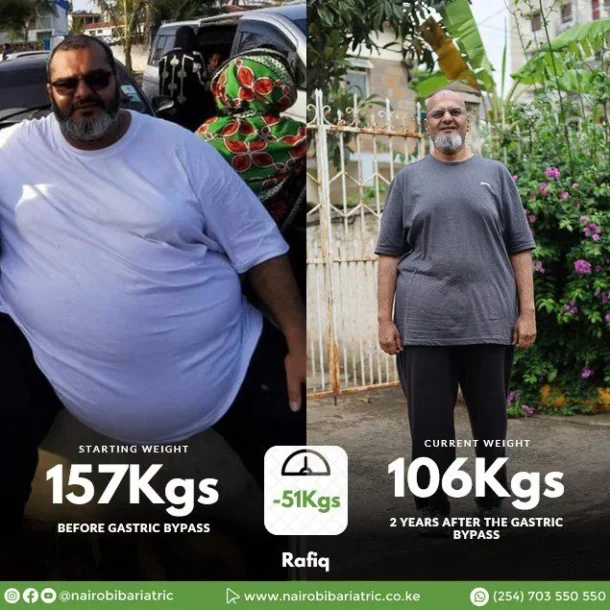- Our Services
The stomach is divided into a small upper pouch and a much larger lower “remnant” pouch.
We offer both individual therapy and psychotherapy programs focused on transforming eating habits.
This is a rejuvenating and cleansing method of the entire bowel system. (oral administration)
Explore tailored surgical aftercare packages that support recovery and ensure lasting results after your procedure.
- About Us
- BMI Calculator
- Testimonials
- Our Community
- Contact Us
- Our Services
The stomach is divided into a small upper pouch and a much larger lower “remnant” pouch.
We offer both individual therapy and psychotherapy programs focused on transforming eating habits.
This is a rejuvenating and cleansing method of the entire bowel system. (oral administration)
Explore tailored surgical aftercare packages that support recovery and ensure lasting results after your procedure.
- About Us
- BMI Calculator
- Testimonials
- Our Community
- Contact Us
Real Patient Testimonials & Weight Loss Transformations. Hear real success stories from our patients.
"No more pain, no more pills; 30kgs down, I'm a new person!"
“We are committed to your success”

Dr. L. Shchukina – CEO

















Caroline Mutoko - Gastric Balloon
“The journey forward is shorter than the journey already lived, and I do not want to spend the next 20-30 years of my life going in and out of hospital because I couldn’t control one thing, my body weight”
Willis Raburu - Gastric Bypass
“My only regret is not doing this sooner! I had tried it all with no success. With the Gastric Bypass, after just 1 month I lost 14kgs and I am well on the journey to my ideal weight.”










Our Patients and Their Stories
© Copyright 2025 by Nairobi Bariatric Center All Right Reserved.




























